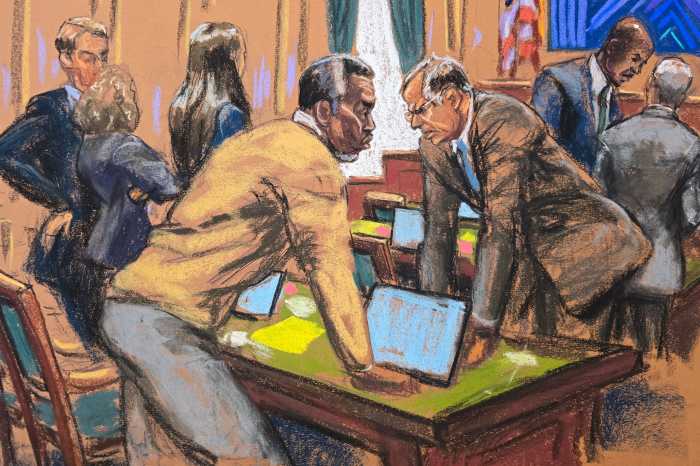The documentary “Best of Enemies” is crafted from material so weighted with themes that filmmakers Robert Gordon and Morgan Neville could have turned it into multiple movies.
It’s a film about popular culture, television’s powerful role in politics and the increased coarsening of national discourse. In exploring the backstory behind the 1968 ABC-televised convention debates between conservative William F. Buckley Jr. and liberal author Gore Vidal, it’s also a crackling behind-the-scenes dramedy, filled with a sense of the absurd circumstances that led a bumbling, third-place network to them.
There’s a convincing case made that the fiery confrontations of the two ideological opposites, and ample attention they generated, served as the first time television’s powers-that-be recognized the awesome potential of this sort of punditry.
The movie has plenty of expert talking heads and other substantial evidence to make a direct connection between the Buckley-Vidal debates and today’s 24-hour news networks.
Yet, “Best of Enemies” works so well because the filmmakers understand that the personalities at the center of the fray should anchor things. This is best seen as a character study about two of the most significant American cultural figures of the past century, erudite men from similar backgrounds who carved out wholly differentiating perspectives on the most basic American values.
The debate footage, filled with witty barbs and snappy comebacks, showcases the dynamic qualities of both men, their innovative understanding of the television medium and how to maintain an audience. That they unwittingly helped facilitate a cultural downfall of sorts only adds to the poignancy of it all.


































